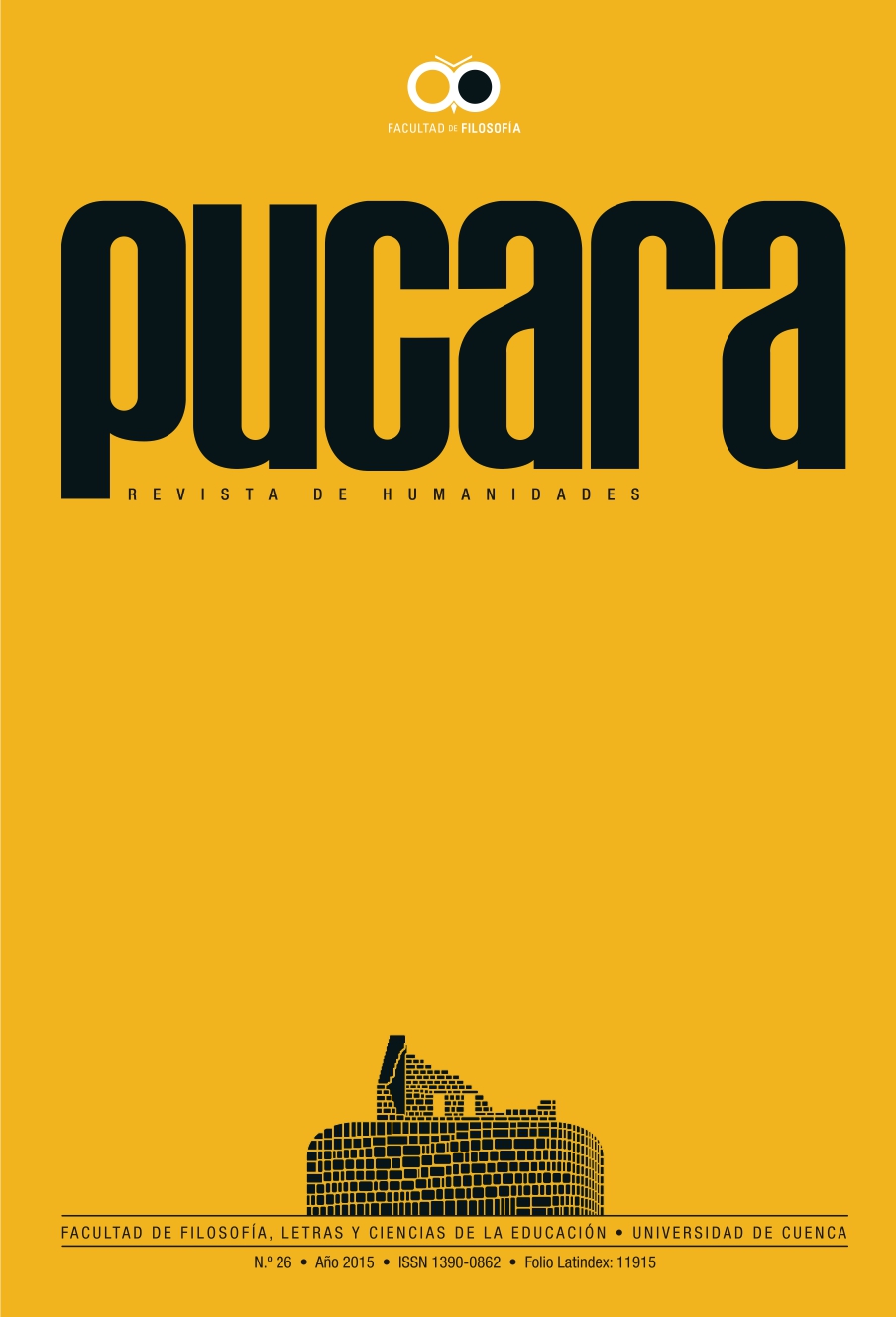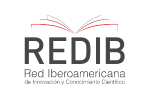Literature and Politics. How to read Cortazar’s anti-Peronism
DOI:
https://doi.org/10.18537/puc.26.09Keywords:
Argentinian Literature, Julio Cortázar,/ Literature and Politics, Peronism.Abstract
Reading the anti-Peronism in Cortazar’s work was suggested by Juan José Sebreli and extended by Andres Avellaneda, but questioned or reconfigured by David Viñas, Ricardo Piglia and Carlos Gamerro, among others. The purpose of this article is to revisit this issue through a literary series, not restricted to the first part of his work but with an enlarged review until his Libro de Manuel. It is noticed, on the one hand, that in an important segment of their fictions, the anti-Peronism of the first texts did not disappear but was masked and became difficult to read due to the combined effect of its commitment to the Cuban Revolution and his critique of petty-bourgeoisie; and on the other hand, that it reappears in his political novel of the 70s.
Downloads
References
Altamirano, Carlos. Bajo el signo de las masas (1943-1973). Buenos Aires: Ariel, 2001.
Avellaneda, Andrés. El habla de la ideología. Modos de réplica literaria en la Argentina contemporánea. Buenos Aires: Sudamericana, 1983.
Cortázar, Julio. Clases de literatura. Berkeley, 1980. Buenos Aires: Alfaguara, 2013.
Cortázar, Julio. Cuentos completos/1. Buenos Aires: Punto de Lectura, 2013a.
Cortázar, Julio. Cuentos completos/2. Buenos Aires: Punto de Lectura, 2013b.
Cortázar, Julio. “La dinámica del 11 de marzo”, en Papeles inesperados. Buenos Aires: Alfaguara, 2013 [1973].
Cortázar, Julio. Divertimento. Buenos Aires: Alfaguara, 2013 [1996].
Cortázar, Julio. El examen. Buenos Aires: Alfaguara, 2013 [1986].
Cortázar, Julio. Rayuela. Buenos Aires: Alfaguara, 2013 [1963].
Cortázar, Julio. Cartas. 1. 1937-1954. Buenos Aires: Alfaguara, 2012a._
Cortázar, Julio. Cartas. 2. 1955-1964. Buenos Aires: Alfaguara, 2012b.
Cortázar, Julio. Cartas. 3. 1965-1968. Buenos Aires: Alfaguara, 2012c.
Cortázar, Julio. Cartas. 4. 1969-1976. Buenos Aires: Alfaguara, 2012d.
Cortázar, Julio. Libro de Manuel. Buenos Aires: Alfaguara, 2012 [1973].
Cortázar, Julio. Último round. Buenos Aires: Siglo XXI. (Edición en dos tomos), 2009 [1969].
Cortázar, Julio. La vuelta al día en ochenta mundos. Buenos Aires: Siglo XXI. (Edición en dos tomos), 2009 [1967].
Cortázar, Julio. Diario de Andrés Fava. Buenos Aires: Alfaguara, 1995.
Cortázar, Julio. La vuelta al día en ochenta mundos. México: Siglo XXI. (Edición en un tomo), 1968 [1967]
Dulitzky, Alejandro. “El escritor desclasado: Julio Cortázar y la sociedad argentina del peronismo clásico”, en Pensar. Epistemología y Ciencias Sociales, 5 (2010. Rosario: Editorial Acceso Libre. [http://revistapensar.org/index.php/pensar/article/view/47/42]
Forastelli, Fabricio. “«Pobre pibe», «lindo pibe». Notas sobre peronismo y estilística a partir de «Torito» de Julio Cortázar (1954)”. En RECIAL, Revista del CIFFYH, Área Letras, Vol. 3, N.° 3. Córdoba: Facultad de Filosofía y Humanidades, Universidad Nacional de Córdoba, 2012. [http://publicaciones.ffyh.unc.edu.ar/index.php/recial/article/view/892/pdf]
Gamerro, Carlos. “Julio Cortázar, inventor del peronismo”, en David Viñas (director de la obra) y Guillermo Korn (compilador del volumen), Literatura argentina siglo XX. 4. El peronismo clásico (1945-1955). Descamisados, gorilas y contreras. Buenos Aires: Paradiso, 2007.
Piglia, Ricardo. La Argentina en pedazos. Buenos Aires: Ediciones de la Urraca, 1993.
Punte, María José. “El pudor frente a lo político. Política y juego en Cortázar y Marechal”. En Espéculo. Revista de Estudios Literarios, 34. Madrid: Universidad Complutense de Madrid, 2007. [http://www.ucm.es/info/especulo/numero34/cormarec.html]
Sebreli, Juan José. Buenos Aires, vida cotidiana y alienación. Buenos Aires: Siglo Veinte, 1990 [1964].
Sebreli, Juan José. Buenos Aires, vida cotidiana y alienación. Buenos Aires: Siglo Veinte, 1967 [1964].
Viñas, David. Literatura argentina y realidad política. De Sarmiento a Cortázar. Buenos Aires: Siglo XX, 1971.
Published
How to Cite
Issue
Section
License
Copyright (c) 2015 Rogelio Demarchi

This work is licensed under a Creative Commons Attribution-NonCommercial-ShareAlike 4.0 International License.
Copyright © Autors.

You are free to:
 |
Share — copy and redistribute the material in any medium or format |
 |
Adapt — remix, transform, and build upon the material for any purpose, even commercially. |
Under the following conditions:
 |
Attribution — You must give appropriate credit, provide a link to the licence, and indicate if changes were made. You may do so in any reasonable manner, but not in any way that suggests the licenser endorses you or your use. |
| NonCommercial — You may not use the material for commercial purposes. | |
| ShareAlike — If you remix, transform, or build upon the material, you must distribute your contributions under the same license as the original. |
| No additional restrictions — You may not apply legal terms or technological measures that legally restrict others from doing anything the licence permits. |












